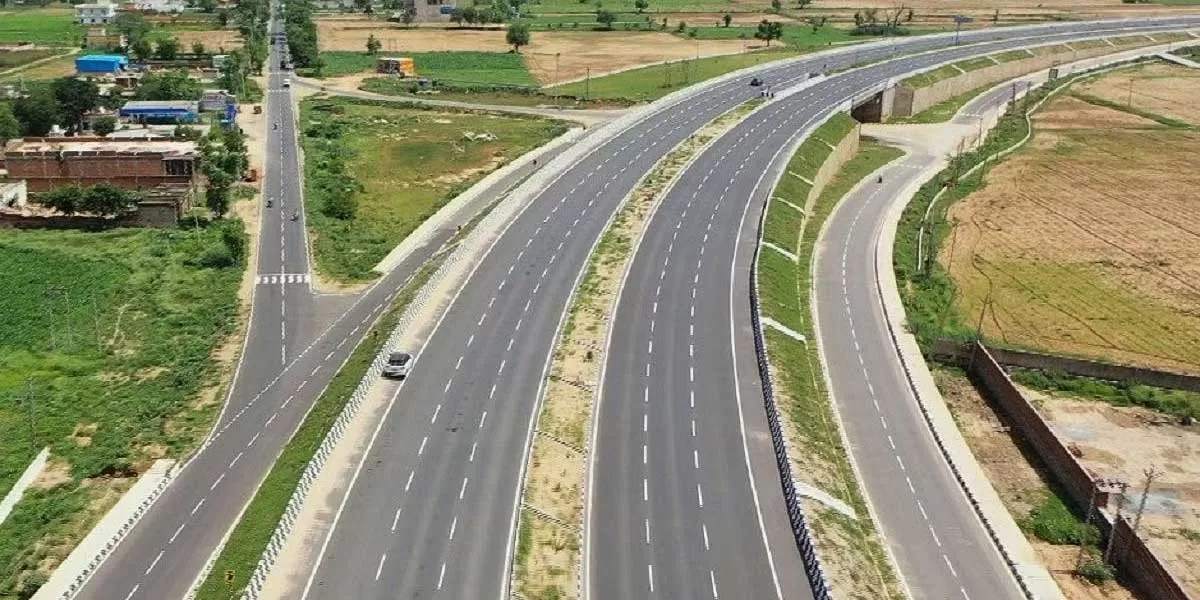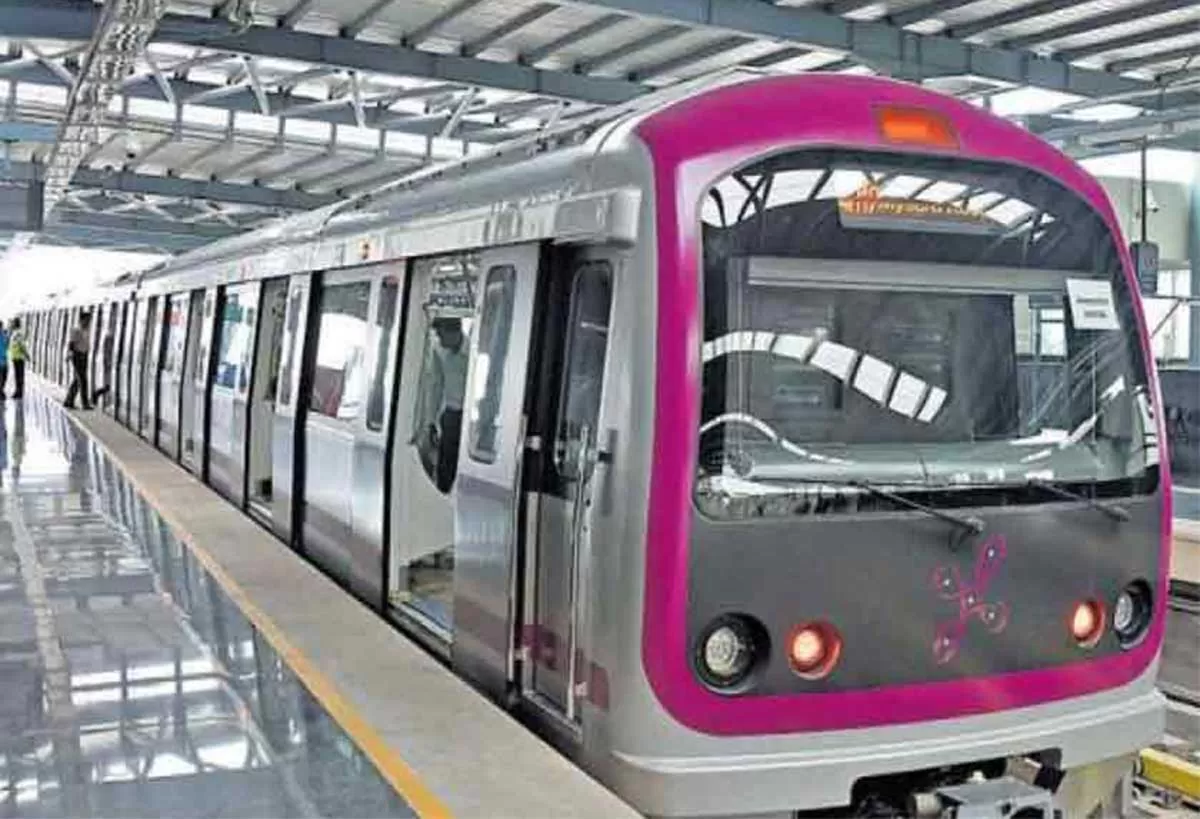

Odisha to Get Kharagpur-Visakhapatnam Expressway Soon: Minister
A new greenfield highway connecting Kharagpur in West Bengal and Visakhapatnam in Andhra Pradesh, passing through Odisha, is set to be constructed soon. This expressway is poised to become a vital logistics corridor, enhancing high-speed transportation in the region. Works Minister Prithviraj Harichandan shared that preliminary preparations for the project have already commenced. He emphasised that the expressway would play a crucial role in the Gati Shakti Framework of the Central government, describing it as a groundbreaking initiative in road construction for Odisha. Greenfield roads typi..

LTTS wins project to develop smart cities in Colorado USA
Mid-sized Indian IT services company L&T Technology Services (LTTS) announced on Monday a strategic partnership with the Colorado Smart Cities Alliance (CSCA) to develop smart city projects across Colorado by integrating innovation and technology. In a regulatory filing, LTTS stated that the collaboration would utilize its advanced engineering expertise to support CSCA's mission of enhancing urban living and creating sustainable ecosystems through smart city solutions. The partnership aims to develop sustainable, efficient, and technologically advanced communities by pooling resources and exp..

Bengaluru Metro to Expand to 175 km by 2026, Boosting Urban Mobility
Bengaluru’s metro network is set for a major expansion, aiming to extend its total length to 175 km by 2026. This ambitious project is part of the Namma Metro initiative, designed to improve connectivity across the city, alleviate traffic congestion, and promote sustainable urban mobility. The expansion involves constructing new metro corridors, such as the Purple Line and the Outer Ring Road-Airport Line, which will link major city hubs, commercial centres, and residential areas. This development is expected to enhance accessibility for commuters throughout Bengaluru. A key highlight of t..













